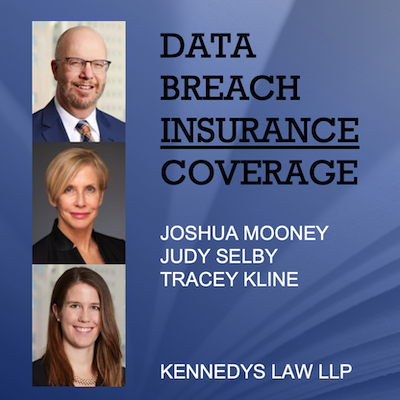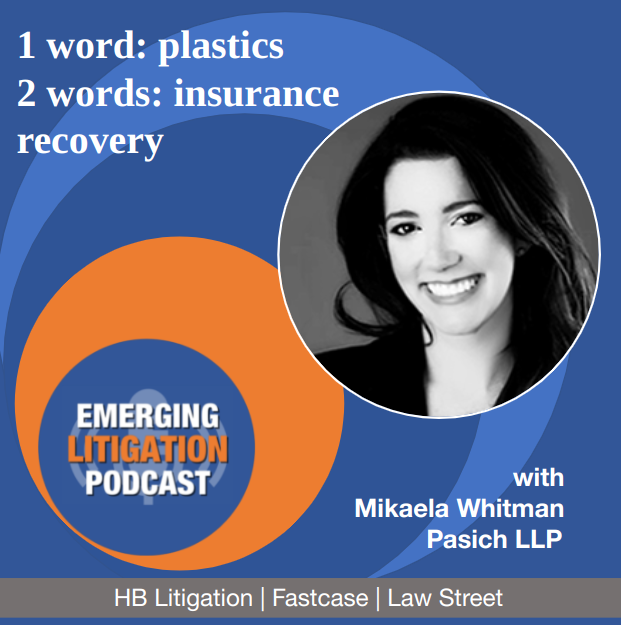Sexual Abuse & Insurance
Join Marshall Gilinsky and John Lacey of Anderson Kill, along with Brian Della Torre of ARMR, for a CLE webinar focused on navigating sexual abuse claims through insurance recovery. Learn how to locate and leverage historic liability policies, understand allocation and occurrence issues, and overcome common insurer defenses. Discover how institutions can access valuable coverage through strategic claims, litigation tactics, and insurance archaeology.





